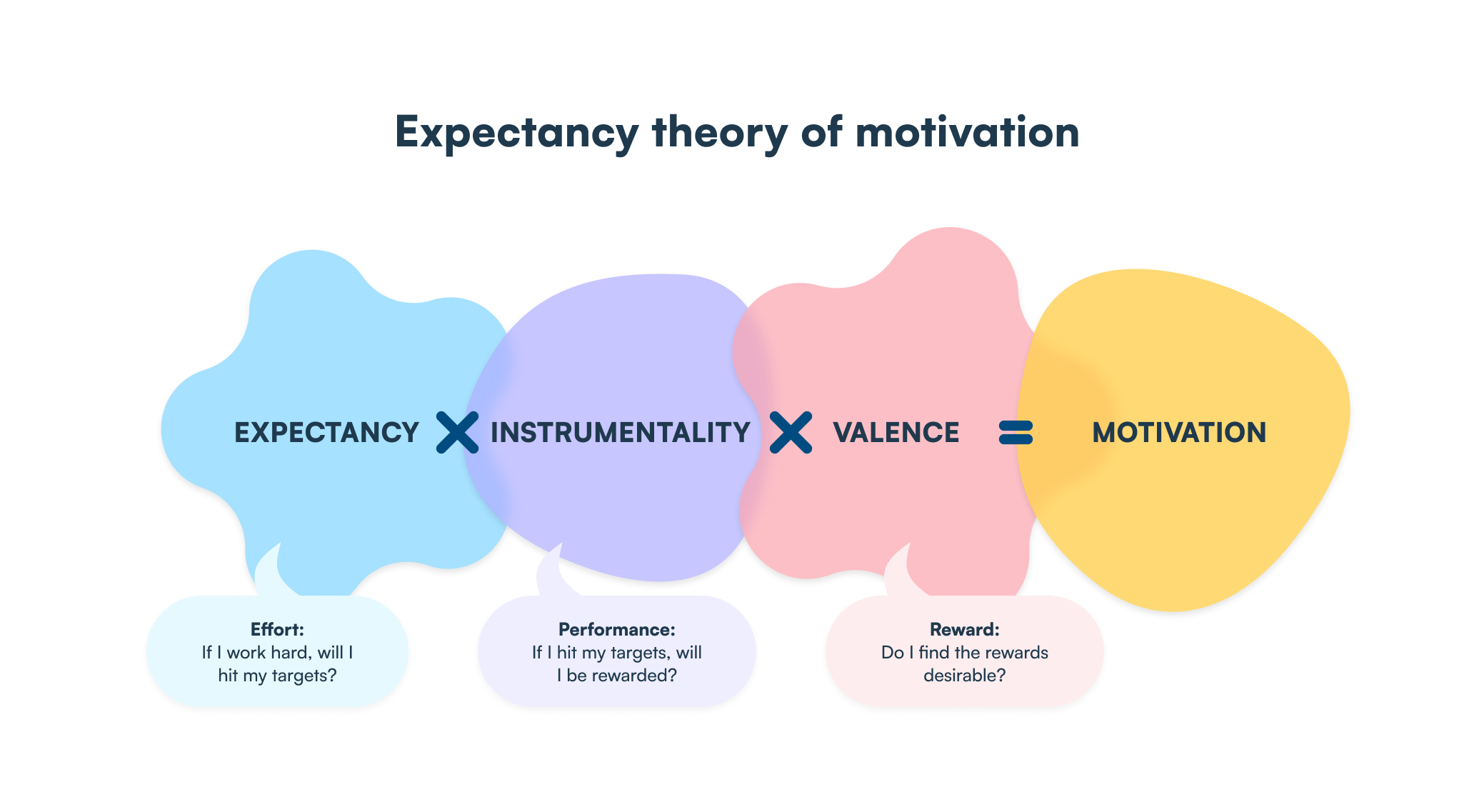Reward, don’t punish: why a positive learning culture works
May 14, 2025
When evaluating employee performance or assessing mystery shopping results, many retail and hospitality companies focus on failures. Low scores lead to criticism and warnings, while good scores are considered “normal.” But this approach doesn’t always yield better results. It often lowers morale, creates fear-based compliance, and discourages innovation.

To truly drive performance and engagement, companies should flip the script: reward, don’t punish. A positive learning culture, rooted in intrinsic motivation, psychological safety, and positive reinforcement, encourages growth, teamwork, and sustainable performance.
In this article, we're going to discuss:
- Why punishing employees for poor performance backfires
- How positive reinforcement fosters long-term motivation
- Different types of rewards (financial, non-financial, team-based)
- The psychology behind motivation (including Vroom’s Expectancy Theory)
- Practical ways to build a strong learning culture in retail and hospitality
- How to move beyond fear-driven compliance to engagement and loyalty
Why a positive learning culture outperforms traditional incentives
Punishments may drive short-term compliance, but they often backfire. A manager who disciplines a team for a bad mystery shopping score may increase stress and discourage collaboration. This undermines trust, erodes team spirit, and fails to address the root causes of underperformance.
Traditional incentive programs typically focus on cash bonuses and numerical targets. While these might create a short-term performance boost, they tend to diminish long-term intrinsic motivation. Team members may begin to view their work as transactional, something done purely for a reward, rather than meaningful.
Financial incentives also skew individualism over collaboration. That is especially damaging in frontline service roles where teamwork, emotional intelligence and a customer-first mindset are crucial.
In contrast, a positive learning culture fosters trust, encourages growth mindsets and enhances psychological safety. It shifts the focus from fear of failure to a mindset of continuous learning, where every effort counts and every step forward is recognized.
The lasting power of non-financial rewards
Rewards work, but not all rewards are equal. Non-financial rewards such as public recognition, peer appreciation, team outings, upskilling opportunities and shared milestones create emotional connections that outlast any short-term bonus.
What do people remember more: a one-time €100 bonus or a team experience that built shared memories and trust? You should consider non-financial rewards that reinforce desired behaviors and contribute to a strong team culture:
- Public recognition (employee of the month, shoutouts in team meetings)
- Shared experiences (group outings, lunch with the manager, team celebrations)
- Gamification mechanics (streaks, milestone badges, team leaderboards)
- Peer-to-peer recognition, where colleagues celebrate each other's wins
These approaches tap into intrinsic motivators like mastery, autonomy, and relatedness. These psychological needs are outlined in self-determination theory and can be more meaningful and lasting than monetary bonuses alone. The following social and experiential rewards improve:
- Team morale and loyalty
- Retention rates
- Collaboration and peer learning
- Engagement and emotional well-being
Motivation backed by science: Vroom’s Expectancy Theory
The effectiveness of non-financial rewards is not just anecdotal. It is supported by Victor Vroom’s Expectancy Theory, a foundational concept in motivation psychology. It shows that people exert effort when three conditions are met:
- Expectancy: The belief that effort will lead to good performance.
“If I actively help customers today, I’ll reach my targets.”
- Instrumentality: The belief that good performance will lead to a reward.
“If I keep hitting my target, my manager will recognize it and I might get a chance to take a course.”
- Valence: The value a team member places on the reward.
“I value a great experience with the team more than another small cash bonus.”

When rewards are personal, meaningful, and connected to performance, they strengthen intrinsic motivation and self-determination. This leads to lasting engagement and improved well-being at work.
Building a learning culture
A learning culture doesn’t mean accepting underperformance. It means creating a safe space to learn from feedback, use reflective practice, and improve without fear. It’s about promoting:
- Psychological safety, where employees can speak up without fear of reprisal
- Continuous improvement, where feedback loops are part of daily routines
- Team cohesion, where success is shared and celebrated
- Leadership modeling, where managers reward effort and growth
This approach fosters long-term engagement, creativity, and better customer experiences, especially in retail and hospitality, where motivation directly impacts service quality.
Motivate retail and hospitality teams without bonuses
At Secret View, we do not believe in punishing mistakes. We believe in celebrating progress.
Our incentive program is designed to promote a culture of continuous improvement where every small win is rewarded socially, emotionally or through learning opportunities. Through shared experiences, peer recognition and purpose-driven rewards, our clients see stronger teams, better customer experiences and reduced turnover.
We integrate elements of:
- Gamification for motivation and fun
- Feedback culture for real-time development
- Upskilling and experiential learning to boost capability
- Digital recognition tools to scale appreciation
Curious how our incentive program works?
Book a demo, and we will show you how our program builds sustainable performance, stronger team dynamics and happier customers.
